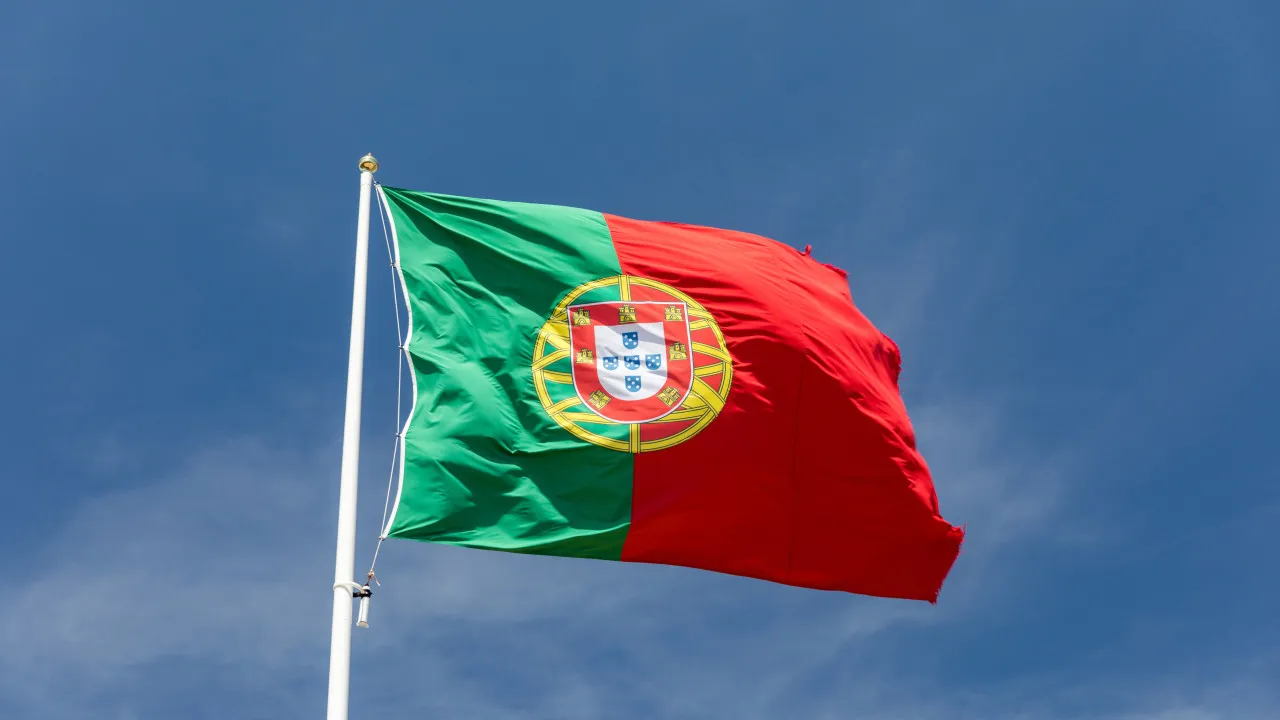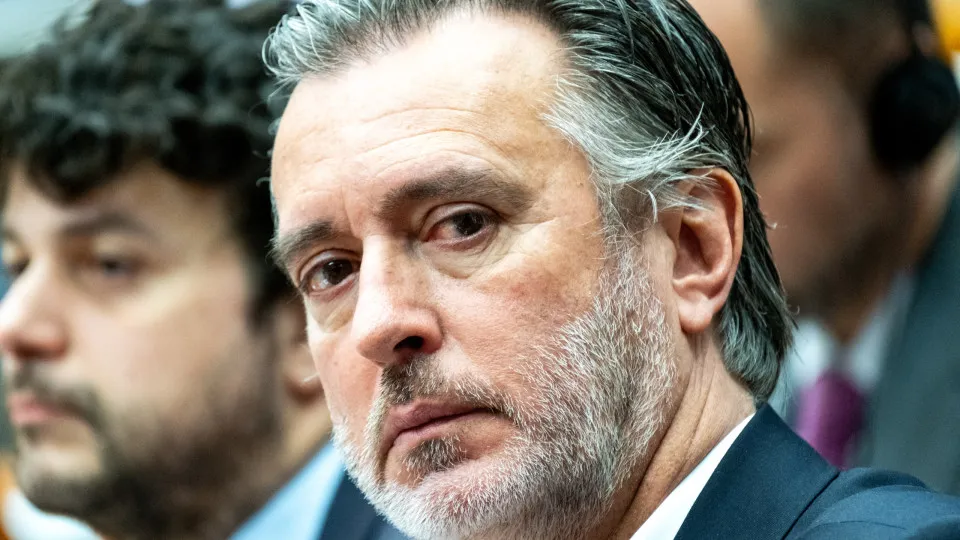
The changes to the foreign nationals law have been approved by the parliament and are currently under review by the Constitutional Court at the request of the President of the Republic. In September, a new nationality law is expected to be discussed, allowing naturalization for Portuguese descendants up to great-grandchildren, a measure praised by two of the longest-serving members of the Portuguese Communities Council (CCP).
Vasco Abreu, who has resided in South Africa for 40 years, and Fernando Campos, an emigrant in Venezuela, support the changes to the nationality law as a draw for many second-generation Portuguese descendants.
“It is another passport and an option connected to the origin of their families,” said Fernando Campos, noting that Venezuela was, for many, “a final destination” for those emigrating in the 1970s and 1980s.
“In Venezuela, we already have a very aged generation that, when they emigrated, became quite disconnected from Portugal and now there is a concern to grant nationality to grandchildren and great-grandchildren,” because the children never applied for the documents.
“There was a generational leap, and many citizens did not have access to Portuguese citizenship,” but when “there was the current political and social change in Venezuela,” referring to the ‘Chavista’ regime, “people once again felt the need to emigrate.”
Thus, the easier access to a Portuguese passport “is good news,” said Fernando Campos, who would prefer that the nationality requests had other motivations.
“I wish people sought nationality not out of necessity [to emigrate], but for identity,” he said.
Born in Mozambique and returned to the metropolis after April 25, Vasco Abreu emigrated to South Africa 40 years ago and has daughters and granddaughters born there.
“The new law is welcome. I don’t have problems in my family because we always took care of the paperwork, but many did not,” he explained.
“My daughters and granddaughters were educated in South Africa, they want to stay, but at home we always afforded the possibility to speak in Portuguese,” a “language that is an asset” in the region, due to the proximity to Mozambique and Angola.
“I am already retired and have my closest family in South Africa,” so “I don’t consider returning [to Portugal] as a possibility in the near future,” he acknowledged.
Regarding the change to the foreign nationals law, which requires those applying for residence permits to work to have a work visa issued by Portuguese consulates in their home countries, Vasco Abreu admitted understanding the Government’s decision.
“When I went to South Africa, it was also a long process, I already had a job offer, had to present criminal records from all the countries I had lived in, and had to wait,” he recalled.
“I think it makes sense to tighten it up a bit” because it is “inhumane to go to Portugal and then not have work conditions or accommodation.”
“Illegal immigrants are exploited because there are no conditions to receive them,” emphasized the leader of the Portuguese community in South Africa.
Fernando Campos agrees with his counterpart’s view: “when I emigrated to Venezuela, there were demands and selection of emigrants.”
Immigration “must be controlled according to the country’s needs,” but while he agrees with a more restrictive policy, Fernando Campos warns of other risks.
“When things are very controlled, it opens the door to much corruption” and “a thorough selection” can be bypassed by “networks or illegal hiring schemes.”
“We need labor” in Portugal, and many of the less-skilled jobs are done by foreigners.
“We also went to other countries to do things locals didn’t want to do,” he recalled.




